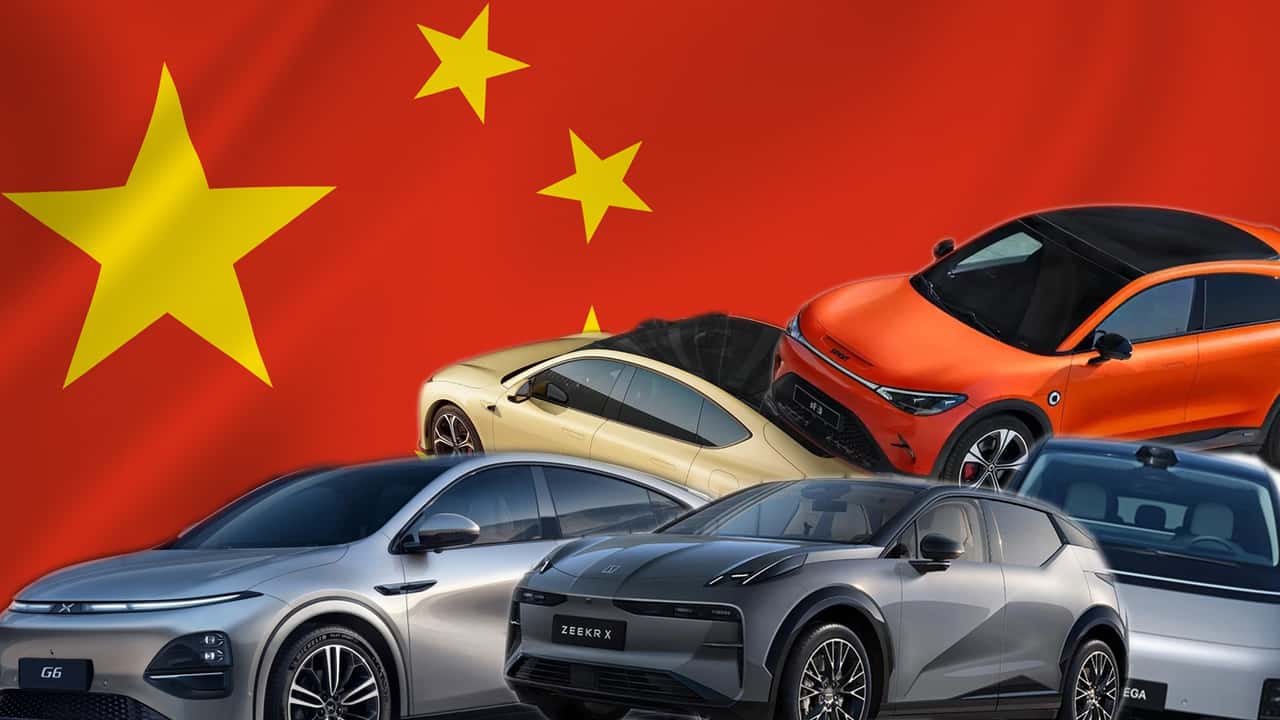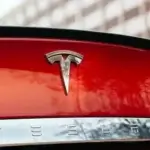European Union tariffs on Chinese-made electric vehicles (EVs) may not be enough to curb the rapid expansion of Chinese automakers into the European market. Despite the EU’s efforts to limit imports, the recent reduction of tariffs makes it increasingly unlikely that Chinese EV manufacturers will lose their competitive edge in Europe.
In August, tariffs were adjusted downward for several major Chinese automakers. BYD, the electric vehicle giant, saw its tariffs reduced from 17.4% to 17%, while Geely’s tariffs were cut from 19.9% to 19.3%. SAIC, the largest carmaker in China, experienced a decrease in tariffs from 37.6% to 36.3%.
Although these tariff reductions may seem modest, they provide significant relief for Chinese automakers seeking to capture a larger share of the European market. According to Rhodium Group, tariffs would need to be as high as 50% to make the European market unattractive to Chinese EV exporters, and potentially even higher for vertically integrated companies like BYD.
Competitive Pricing Keeps Chinese EVs in the Game
Despite the tariffs, Chinese EV manufacturers remain highly competitive, thanks to their ability to produce low-cost vehicles. For instance, BYD has introduced its Dolphin model to Europe at a price of under $21,550. This model, a rebranded version of its Chinese Seagull, is expected to maintain its affordability even with the 17% tariff applied. At around $23,270, the Dolphin is significantly cheaper than Tesla’s Model 3, which is priced at $44,480 in the UK.
“BYD’s Dolphin model will remain roughly $23,270 less expensive than Tesla’s China-imported Model 3, even after the 17% tariff,” notes an industry expert. The price difference between Chinese EVs and their Western competitors remains a key factor in Chinese automakers’ ability to thrive in Europe.
Tesla, whose China-made vehicles face a 9% tariff in the European Union, has not been able to match the aggressive pricing strategies of Chinese automakers. This cost disparity, along with the evolving European demand for affordable EVs, is giving Chinese brands an edge. Tesla’s least expensive offering, the Model 3, is more than twice the price of BYD’s Dolphin in Europe.
Volkswagen’s Response to Chinese Competition
Facing pressure from low-cost Chinese EVs, Western automakers are also adjusting their strategies. German car giant Volkswagen, which has traditionally dominated the European car market, has announced plans to develop a budget-friendly electric vehicle priced around $21,476. However, this model is not expected to hit the market until 2027, leaving a considerable window for Chinese manufacturers to continue their expansion in Europe.
Industry analysts suggest that the delay in European automakers’ responses may provide an opportunity for Chinese firms to further solidify their presence. BYD and other Chinese automakers continue to lead the way in terms of innovation and price competition, outpacing their Western rivals in affordability and market readiness.
Vertical Integration Boosts Chinese Competitiveness
One of the reasons Chinese automakers remain resilient in the face of tariffs is their vertically integrated supply chains. BYD, for example, produces its own batteries and components in-house, giving it greater control over costs and reducing its reliance on external suppliers. This business model allows Chinese manufacturers to introduce new models at lower price points while maintaining profitability, even with tariffs in place.
According to the Rhodium Group, this vertical integration allows manufacturers like BYD to withstand even moderately high tariffs, as they benefit from economies of scale that are difficult for Western automakers to replicate.
With the EU’s tariffs still far below the levels that would significantly impede Chinese automakers’ growth, experts believe that Chinese EVs will continue to gain market share in Europe.
Chinese EVs Are Here to Stay
Despite the European Union’s tariff strategy, Chinese electric vehicle manufacturers, led by BYD, Geely, and SAIC, are well-positioned to continue their expansion into Europe. The combination of lower tariffs, competitive pricing, and advanced supply chain integration ensures that these automakers will remain formidable competitors in the European EV market.
Volkswagen’s planned low-cost EV won’t hit the market until 2027, leaving a significant opening for Chinese firms to further solidify their foothold. Until then, Chinese EVs like the BYD Dolphin will likely dominate the lower end of the market, while Western automakers scramble to catch up.
A Dubai-Based Startup Unveils A Low-Cost Electric Car Made From Repurposed Automobiles





